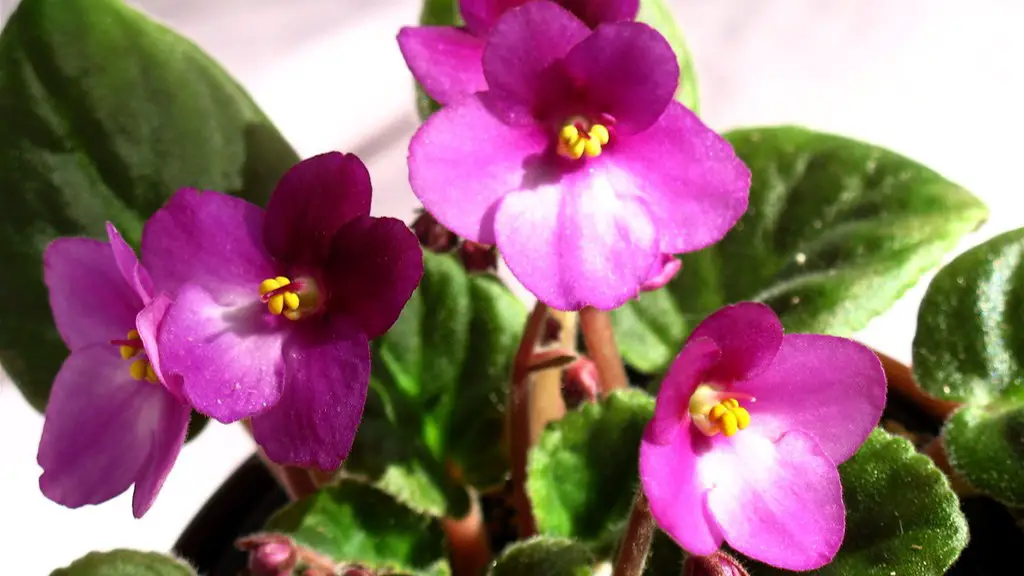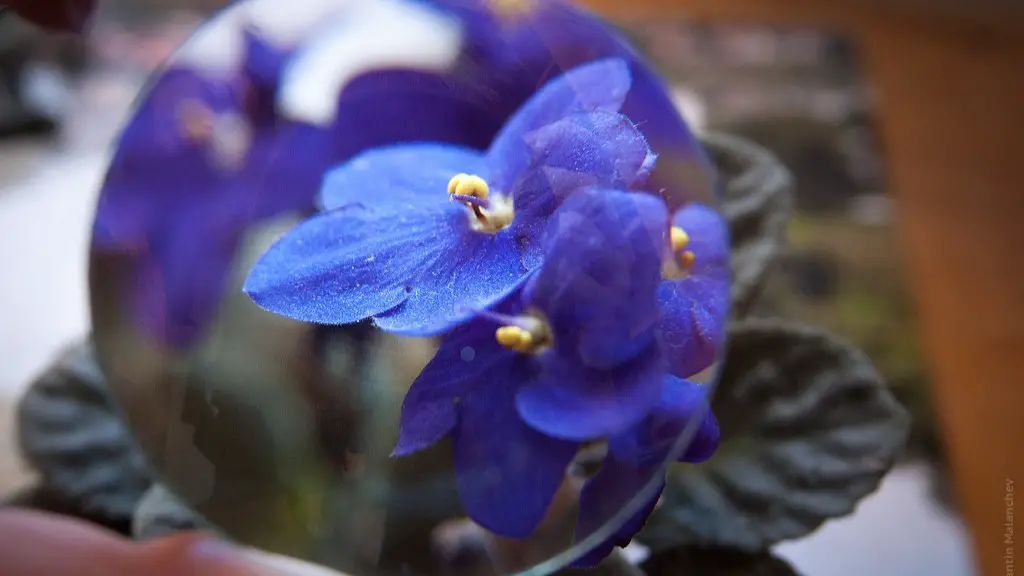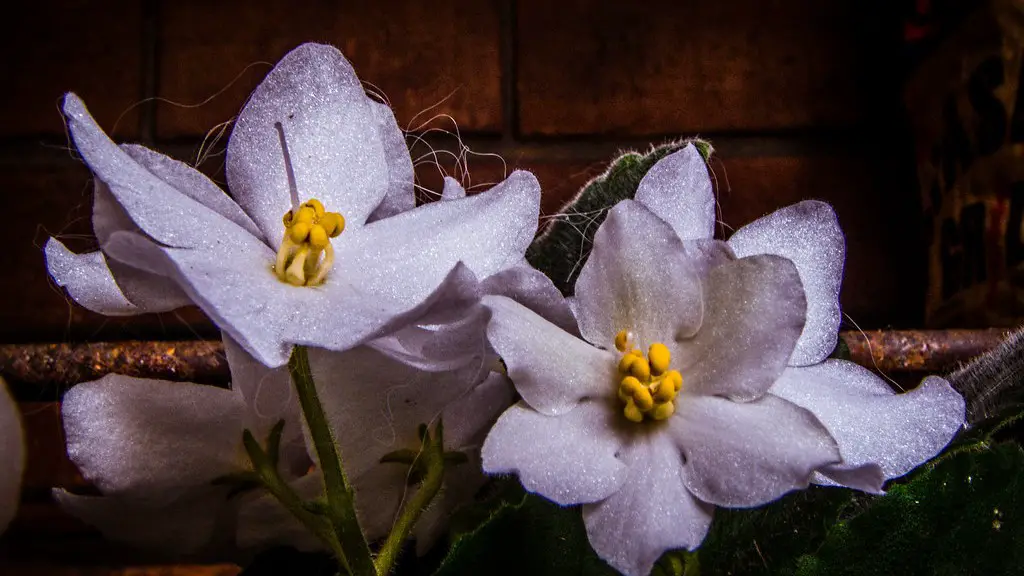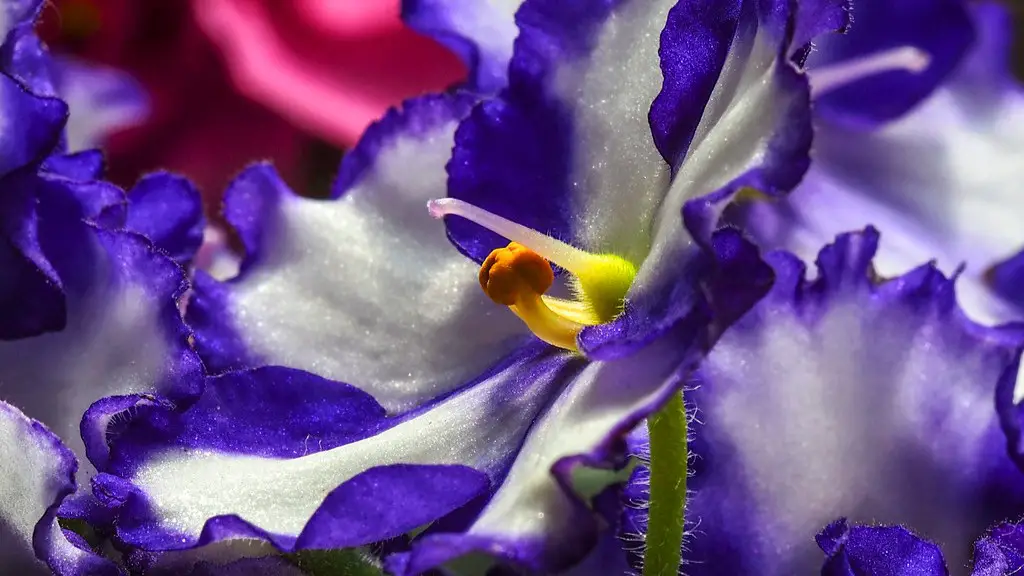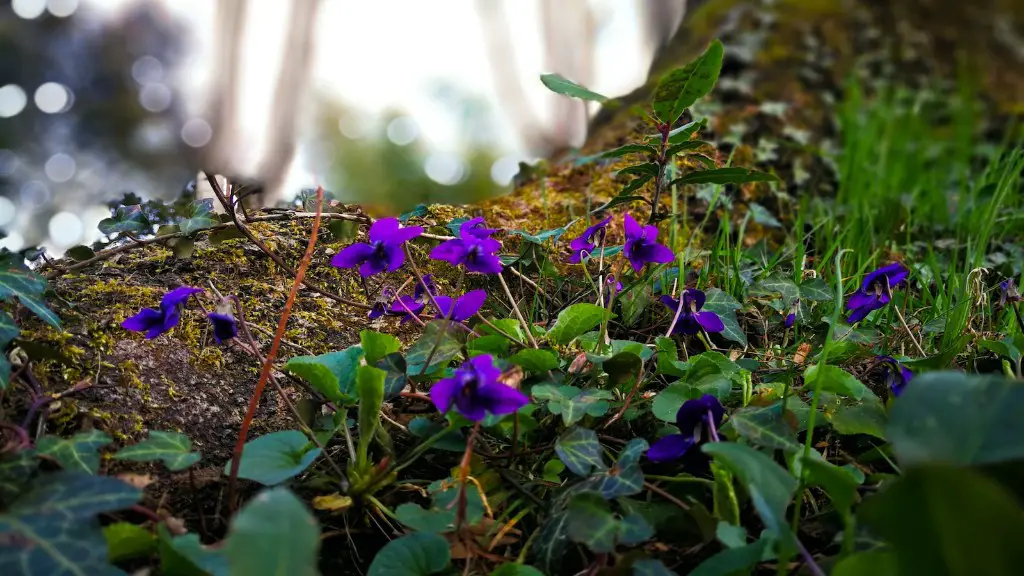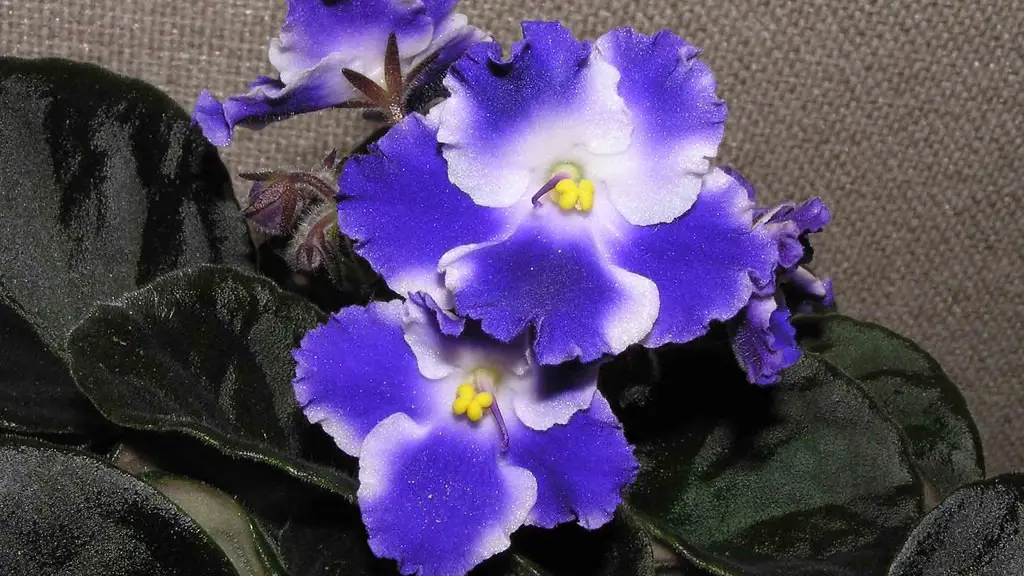There is much debate on whether or not rooting hormone works on African violets. Some say that it does work, while others claim it is ineffective. So, what is the verdict?
Rooting hormone does work on African violets, but it is not the most effective method for propagating these plants. African violets can be propagated from leaf cuttings, and this method is often more successful than using rooting hormone.
Can I use rooting hormone on African violets?
If you’re looking to propagate African violets from cuttings, you’ll need to be patient as it can take some time for roots to form without the use of rooting hormone. However, you can speed up the process by dipping each cutting into a powdered or liquid rooting hormone. Just be sure to also give your cuttings the proper care and attention they need to thrive.
To ensure your leaf cuttings have the best chance of rooting, start with a moistened 50:50 mix of vermiculite and coarse sand. Insert the petiole of each leaf cutting into the rooting medium at a 45 degree angle, then firm the rooting medium around the petiole. Once all cuttings are inserted, water the rooting medium and allow it to drain for a few minutes.
Can African violets be rooted in water
Cuttings can be propagated in either potting mix or water. Both methods are easy to follow and usually result in a new healthy African violet.
When propagating in potting mix, simply take a cutting from a healthy African violet and insert it into a pot of moistened potting mix.Water the potting mix well and keep it moist. The cutting should root within a few weeks.
To propagate in water, take a cutting from a healthy African violet and place it in a jar or glass of water. Change the water every few days and keep the jar or glass in a bright location but out of direct sunlight. The cutting should root within a few weeks.
If you’re taking cuttings from a healthy plant, you can expect to see roots form in 3-4 weeks. The leaves of new little plants usually appear in 6-8 weeks. You should see several plants form at the base of the cutting.
Can rooting hormone damage plants?
Using the wrong concentration of rooting hormone can be detrimental to your plants. Be sure to read the product’s packaging carefully to ensure that you are using the right formula for your plants.
African violets grow best in well-drained soil that is slightly acidic. Miracle-Gro Indoor Potting Mix is specially formulated to provide indoor plants like African violets with the perfect growing environment. This potting mix will help your African violets to thrive and produce beautiful blooms.
Is it better to root African violets in water or soil?
Water propagation is a great way to get larger, healthier plants. It takes longer for the leaves to start roots, but the results are worth it.
African violets need shallow, breathable pots with good drainage in order to thrive. They are happiest when their roots are allowed to spread outwards, so using a deep pot is not ideal. You can purchase African violet specific pots that come with a terra cotta sleeve and water reservoir, which is a great option for keeping your plant healthy and hydrated.
How do you keep African violets from getting leggy
If you have an African violet that is becoming leggy, the best way to combat this is to repot the plant and fertilize it with Espoma’s Violet! liquid plant food. This will help keep your plant growing new leaves, which will keep it from becoming leggy. In addition, this will enhance the colors of your flowers.
Epsom salts are a great way to give your plants the essential magnesium and sulfur they need to produce beautiful blooms and healthy foliage. Just mix one and a half teaspoons of Epsom salts in a quart of tepid water and swirl to dissolve. Then water your plants (below the leaves) with this solution once a month.
How long should African violets sit in water?
Your African violet is finicky about its water. Make sure the water is either tepid or at room temperature before giving it to your plant. It’s best to let it sit for 24-48 hours, but if you can’t, then let it stand for at least an hour.
African violets need to be root-bound to bloom well. It is good practice to periodically repot houseplants because the soil should be refreshed periodically. You can often repot the plant into the same pot after cleaning it well, using fresh potting mix.
How do I force my African violet to bloom
If you want your African violet to bloom again, here are eight ways to make it happen:
1. Let There Be Light: African violets need bright, indirect light to bloom. If your plant is not getting enough light, it may stop blooming.
2. Turn Up the Humidity: African violets also love humid conditions. If the air in your home is too dry, your plant may stop blooming.
3. Replenish Essential Nutrients: African violets need specific nutrients to bloom. If your plant is not getting enough of these nutrients, it may stop blooming.
4. Keep it Pleasant: African violets like to be kept at a consistent temperature. If the temperature in your home fluctuates too much, your plant may stop blooming.
5. Choose the Right Soil: African violets need well-draining, yet moisture-retaining soil. If your plant is not in the right type of soil, it may stop blooming.
6. Protect From Pests & Disease: African violets are susceptible to pests and disease. If your plant is not healthy, it may stop blooming.
7. Const
Bagging a violet after repotting it will help the plant to adjust to its new surroundings and prevent it from becoming stressed. Keep the violet in the bag for one week, then remove it and resume your normal watering and fertilizing schedule.
How do I know if my African violet needs to be repotted?
When you see your African violet is getting too root-bound, it’s time to repot the plant into a larger pot. This will prevent the plant from getting too root-bound and wilting.
Applying too much rooting hormone can damage the cutting. Just as taking too much medicine doesn’t cure you any faster, overdosing on rooting hormone harms the cutting rather than helps it. Don’t get the rooting hormone on the foliage, because this causes misshapen leaves.
Warp Up
Rooting hormone does work on African violets, however, it is not necessary. African violets are easy to propagate without the use of rooting hormone.
The answer appears to be yes. Rooting hormone does help African violets to grow new roots.
